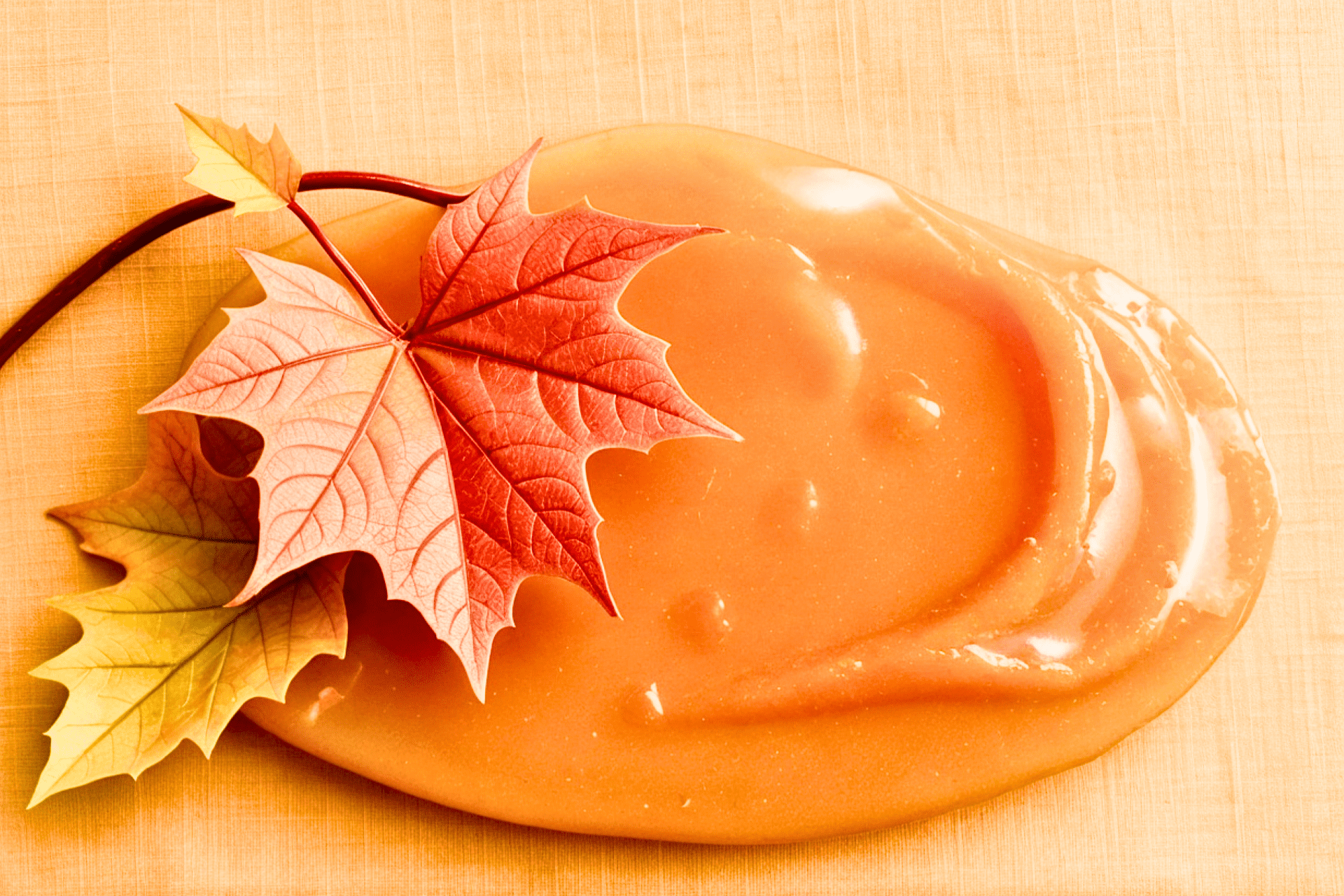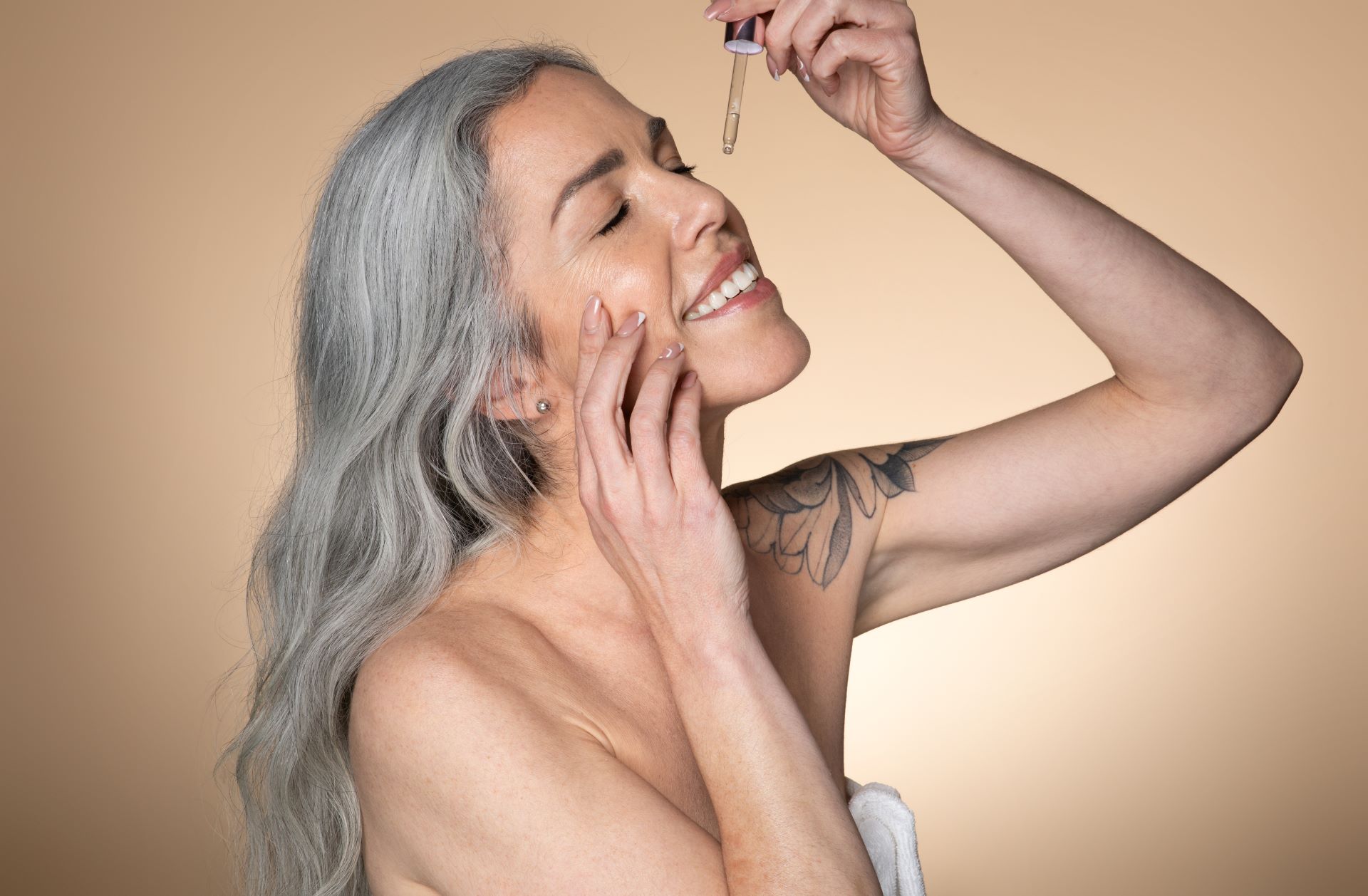

Ever stood in front of the mirror and wondered if those pricey creams are really doing anything? You’re not alone. The world of anti-aging is filled with promises, but not all of them hold up. In this article, we’re peeling back the layers on some of the biggest myths out there. From miracle creams to DIY hacks, we’ll uncover what really helps and what’s just a waste of time. Let’s dive into the truth about aging and find out what actually works.
Aging is a complex process influenced by both genetic and environmental factors. While our genes do play a role, it’s not as deterministic as one might think. Genetic factors account for only about 20% of how we age, leaving a significant portion influenced by lifestyle and environment. Inherited traits can affect longevity and the onset of age-related diseases, but they don’t seal our fate. This means that even if your family has a history of early aging, there are steps you can take to alter that path.
Environmental factors, including sun exposure, pollution, and diet, significantly impact aging. Prolonged exposure to the sun’s UV rays can accelerate skin aging, leading to wrinkles and loss of elasticity. Pollution introduces free radicals into the body, which can damage cells and speed up aging. On the other hand, a balanced diet rich in antioxidants can combat these effects by neutralizing free radicals. In essence, while we can’t control the environment entirely, we can mitigate its effects through conscious choices.
Lifestyle choices are pivotal in determining how gracefully we age. Habits such as smoking, excessive alcohol consumption, and lack of exercise can accelerate the aging process. Conversely, maintaining an active lifestyle, eating a nutritious diet, and staying hydrated can promote longevity. Regular physical activity not only keeps the body fit but also supports mental health, reducing stress and enhancing mood. It’s never too late to adopt healthier habits that can lead to a longer, more vibrant life.
Aging is inevitable, but how we age is largely within our control. By understanding the science behind it, we can make informed choices that promote health and vitality throughout our lives.

Sure, wrinkles are a visible sign of aging, but they’re just the tip of the iceberg. Aging is a full-body experience, affecting skin tone, texture, and even your body’s internal systems. Many people believe that if they can just smooth out those lines, they’ll look younger. But if your skin isn’t bright, even, and hydrated, you might still feel something’s off. It’s like wearing a fancy suit with dirty shoes; the whole picture matters.
Wouldn’t it be great if we could just slap on a cream and watch the years melt away? Sadly, that’s not how it works. Most anti-aging products need time to show results. The only thing that might give you a quick fix is a good moisturizer, but even that is temporary. Real change takes patience and the right ingredients, like retinoids and antioxidants.
The internet is full of DIY skincare hacks, promising everything from tighter skin to a youthful glow. But let’s be real—your kitchen isn’t a lab. Sure, a honey mask might feel nice, but it won’t penetrate the skin or affect the structural proteins needed for real anti-aging. If you’re serious about results, you need products designed to reach deep into your skin’s layers, like those with retinoids that interact with your DNA.
Believing in quick fixes and kitchen remedies can often lead to disappointment. True skincare results come from scientifically developed products, not from pantry raids.
For more on how using too many active ingredients can irritate the skin rather than improve it, check out this debunking of common myths.
Retinoids are like the superheroes of skincare. They don’t just sit on the surface; they dive deep into your skin layers and work their magic. These compounds are derived from Vitamin A and are known for their ability to speed up cell turnover. This means they help shed old, dull skin cells and bring forth fresh, new ones. Using retinoids regularly can noticeably reduce fine lines and improve skin texture. However, they can be a bit intense, so it’s best to start slow, maybe a couple of times a week, and gradually increase the frequency. Always pair them with a good moisturizer to keep your skin hydrated.
Antioxidants are like the bodyguards for your skin. They protect it from free radicals, which are unstable molecules that can cause damage and speed up aging. Common antioxidants include Vitamin C, Vitamin E, and green tea extract. Vitamin C, in particular, is praised for its ability to brighten skin and even out skin tone. Incorporating antioxidants into your skincare routine can help maintain a youthful glow and protect against environmental damage. A simple serum with Vitamin C in the morning can do wonders.
Sunscreen is non-negotiable if you’re serious about anti-aging. The sun is the number one cause of premature aging, leading to wrinkles, spots, and even skin cancer. A broad-spectrum sunscreen with at least SPF 30 should be applied daily, rain or shine. It’s the best way to protect your skin from harmful UV rays. Reapply every two hours if you’re outdoors for extended periods. Remember, prevention is better than cure, and sunscreen is your first line of defense. If you’re curious about dermatologists’ insights on skincare ingredients, including the importance of sunscreen, it’s worth exploring their perspectives.
Moisturizers are a staple in many skincare routines, but the belief that they prevent aging is a bit of a stretch. Moisturizers primarily work by hydrating the skin, which can temporarily make it look plumper and reduce the appearance of fine lines. However, they do not stop the aging process. Their role is more about maintaining the skin’s moisture barrier and helping the skin better tolerate active ingredients. Think of them as a supportive friend rather than a miracle worker.
While moisturizers are essential for hydration, they aren’t the secret to eternal youth. They help manage the skin barrier but don’t change the underlying aging process.
The allure of luxury skincare brands often comes with the assumption that higher price equals better quality. This isn’t always the case. Many high-end products are packed with fragrances and fillers that do little for your skin’s health. Instead, focus on the ingredients rather than the brand. Affordable products can be just as effective if they contain proven active ingredients like retinoids or vitamin C. It’s not about the brand name, but what’s inside the bottle that counts.
Navigating skincare product labels can be overwhelming. Here are some tips to make it easier:
Understanding these aspects can help you make informed choices and avoid falling for marketing gimmicks. Remember, knowing what’s in your skincare is more important than the promises on the packaging. For more insights on anti-aging myths, consider how many misconceptions exist around this topic.

Understanding your skin type is the first step in crafting a personalized anti-aging routine. Is your skin oily, dry, combination, or sensitive? Knowing this helps you choose products that cater specifically to your skin’s needs. A quick tip: observe how your skin reacts throughout the day. If it’s shiny by noon, you likely have oily skin. If it’s tight and flaky, you’re probably dealing with dryness. A mix of these traits points to combination skin, while redness or irritation might indicate sensitivity.
Once you know your skin type, selecting the right products becomes easier. Here’s a simple guide:
Your skincare routine isn’t just about products. Lifestyle plays a huge role in how your skin ages. Consider these changes:
Adopting a well-rounded approach to skincare can significantly impact your skin’s health and appearance. It’s not just about fighting wrinkles, but embracing a healthier lifestyle that reflects on your skin.
For a detailed guide on developing a skincare routine, check out this guide which outlines the essential steps for cleansing, toning, treating, moisturizing, and protecting your skin.
Many common beliefs about aging are myths. Research indicates that older individuals often experience increased happiness, with lower levels of anxiety, stress, and depression. Understanding these misconceptions can help in addressing the realities of aging and improving the quality of life for seniors.
Aging myths can really mess with how we see ourselves. When society tells us that aging is all about losing beauty or becoming irrelevant, it can hit our self-esteem hard. Believing these myths can make us feel less confident and more anxious about getting older. It’s a bit like looking in a funhouse mirror – everything’s distorted, and it’s tough to see the truth.
Media plays a huge role in spreading these myths. From ads showing wrinkle-free models to movies where older characters are always the grumpy ones, media often paints a pretty skewed picture of aging. This constant bombardment can make us believe that staying young is the only way to be happy or successful.
Breaking free from these stereotypes isn’t easy, but it’s definitely worth it. Start by questioning what you see and hear about aging. Are those “facts” really true? Talk to older people who are living vibrant, fulfilling lives. They can offer a different perspective.
Embracing the truth about aging can lead to a happier, more fulfilling life. It’s not about fighting the years but celebrating the wisdom and experience they bring.
So, there you have it. The world of anti-aging is filled with myths that can easily lead us astray. It’s not just about slapping on some cream and expecting miracles overnight. Real change takes time, patience, and the right ingredients. Remember, it’s not just about wrinkles—it’s about overall skin health. And while DIY solutions might sound fun, they often can’t compete with scientifically-backed products. Don’t be fooled by fancy labels or high price tags either; sometimes the best solutions are the simplest ones. At the end of the day, taking care of your skin is a journey, not a quick fix. So, keep it simple, stay informed, and most importantly, be patient with yourself.
Not really! While genes do play a part, most of how we age is up to us. Things like sun exposure, diet, and stress can make a big difference.
Nope! Wrinkles are just one part of aging. Changes in skin tone, texture, and hydration are also signs that our skin is getting older.
Unfortunately, no. While some creams can hydrate your skin quickly, real changes like improving skin texture and reducing wrinkles take time.
Not really. Ingredients made in labs are designed to work deep in your skin and can be more effective than anything you find in your kitchen.
Moisturizers help keep your skin hydrated and can support other products, but they don’t stop aging. They mainly help your skin feel smooth and soft.
Not always. Some pricey brands might not work any better than cheaper ones. It’s more important to check the ingredients and how they work for your skin.
Meta Description
Anti-aging Myths Debunked: Discover truths about skincare, effective ingredients, and personalized routines.

Monday - Thursday 7 AM - 5 PM PST
admin@selfstalker.com support@selfstalker.com